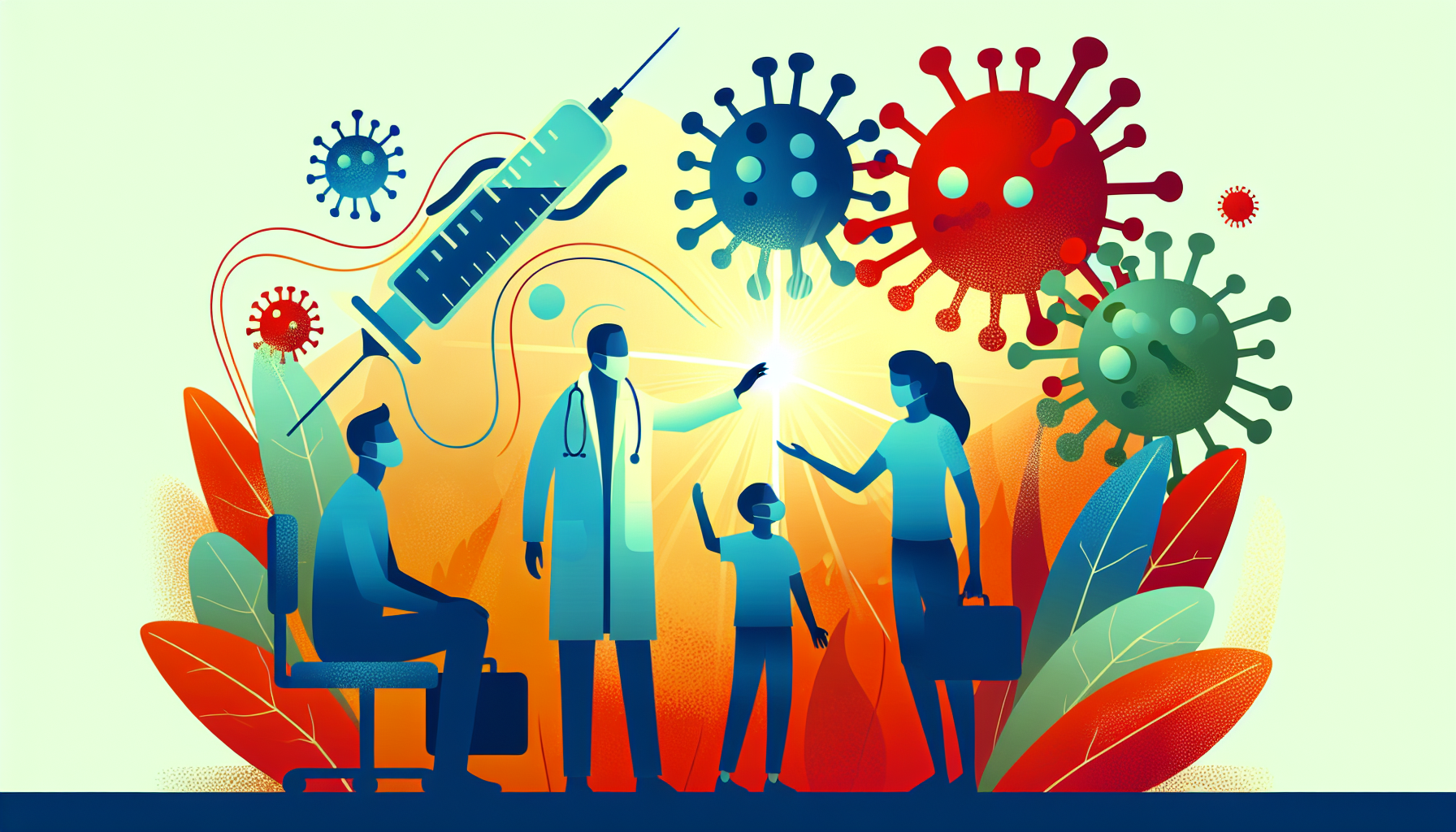Utah Becomes the First State to Let AI Handle Prescription Refills
Utah just made history: it's the first US state to let an AI system renew prescriptions on its own. The program covers people who are already taking medications for [...]
Read More
Medically reviewed by Alan Lucks | MD, Alan Lucks MDPC Private Practice - New York on September 9th, 2023.
Shigellosis is a type of food poisoning caused by a group of bacteria called Shigella. This infection can lead to uncomfortable symptoms such as stomach cramps, fever, and frequent, watery or bloody diarrhea. While shigellosis is common among young children, it can affect people of all ages, especially when traveling to developing countries with poor hygiene conditions.
Shigella bacteria enter your body through your mouth and multiply in your intestines, causing inflammation and the characteristic symptoms of shigellosis. The disease spreads when bacteria from an infected person's stool come into contact with another person's mouth. This can happen through:
Touching contaminated objects, such as changing tables, toys, or doorknobs
Eating food prepared by someone with shigellosis who hasn't washed their hands properly
Swallowing contaminated water, such as in a swimming pool or pond
Sexual contact involving oral-anal contact
The primary symptom of shigellosis is diarrhea, which may be accompanied by blood or mucus. Other symptoms may include:
Nausea and vomiting
Fever
Stomach and abdominal cramping
Tenesmus (feeling the need to use the bathroom even when your bowels are empty)
Mild cases of shigellosis usually clear up within a week without treatment. However, seniors, infants, and people with weakened immune systems may experience more severe symptoms. Seek medical attention if you experience severe diarrhea, fever, or signs of dehydration.

In most cases, shigellosis can be managed by getting plenty of rest and staying hydrated to replace fluids lost through diarrhea. Avoid anti-diarrheal medications, as they can worsen the infection. In severe cases, your doctor may prescribe antibiotics to help shorten the duration of the illness. However, some Shigella bacteria are resistant to antibiotics, so it's essential to follow up with your doctor if your symptoms don't improve after several days of treatment.
Since there is no vaccine or cure for shigellosis, the best way to prevent the disease is through good hygiene practices. This includes:
Washing your hands thoroughly with warm water and soap, especially after using the bathroom, changing diapers, and before preparing or eating food
Keeping children with diarrhea out of daycare or school until they recover
Avoiding drinking water from pools, lakes, or ponds
Eating only boiled, cooked, or peeled food when traveling abroad
Wrapping and disposing of soiled diapers properly
Avoiding sexual contact with someone who has recently had diarrhea
By understanding the causes, symptoms, treatment options, and prevention strategies for shigellosis, you can help protect yourself and your loved ones from this common food poisoning. Remember, practicing good hygiene is the key to reducing the risk of infection and maintaining your overall health.
For more information on shigellosis and other foodborne illnesses, visit:
Most cases resolve with supportive care and hydration within a week, but seek medical attention for high fever, signs of dehydration, or bloody diarrhea lasting more than 24 hours. Early treatment can prevent serious complications and reduce the contagious period. If you're experiencing severe gastrointestinal symptoms, Doctronic can help determine if you need immediate care.
Utah just made history: it's the first US state to let an AI system renew prescriptions on its own. The program covers people who are already taking medications for [...]
Read MoreUnderstanding Mounjaro and Its UsesMounjaro is a prescription medication commonly prescribed for managing type 2 diabetes. It belongs to a class of drugs that help regulate [...]
Read MoreUnderstanding Hydrocortisone Uses and DosagesHydrocortisone is a versatile medication primarily used to reduce inflammation and suppress the immune system in various [...]
Read More